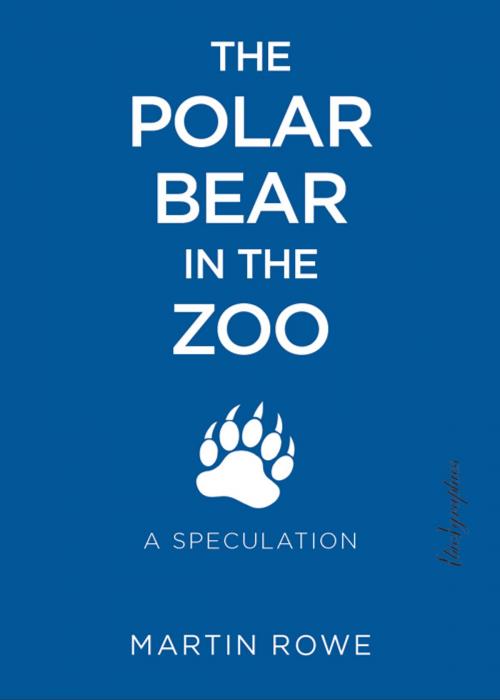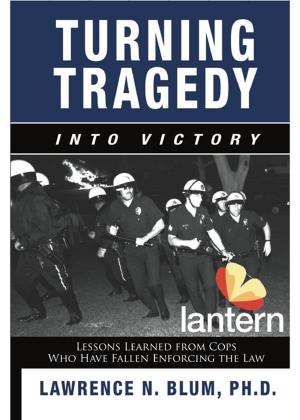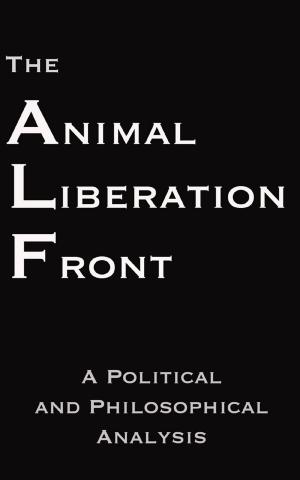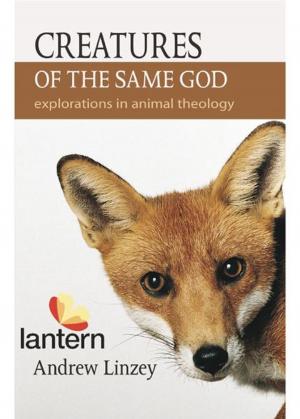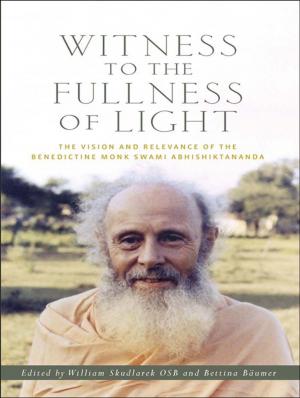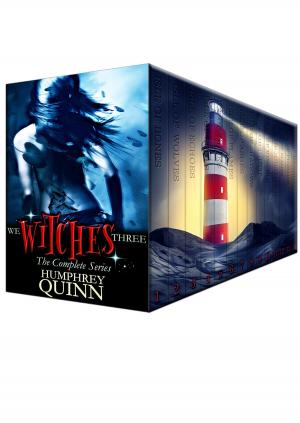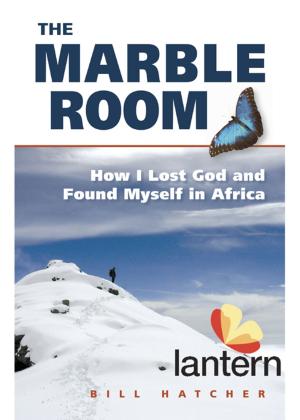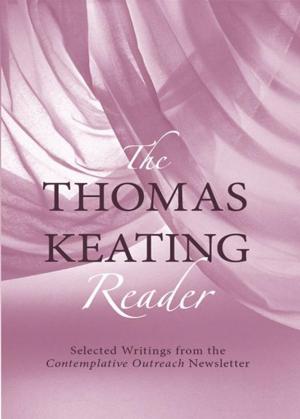The Polar Bear in the Zoo
A Speculation
Nonfiction, Art & Architecture, Photography, Pictorials, Nature & Wildlife| Author: | Rowe, Martin | ISBN: | 9781590563892 |
| Publisher: | Lantern Books | Publication: | May 10, 2013 |
| Imprint: | {bio}graphies | Language: | English |
| Author: | Rowe, Martin |
| ISBN: | 9781590563892 |
| Publisher: | Lantern Books |
| Publication: | May 10, 2013 |
| Imprint: | {bio}graphies |
| Language: | English |
In The Polar Bear in the Zoo, Martin Rowe studies a photograph by the Canadian photojournalist Jo-Anne McArthur in the context of her series We Animals and the portraits of several other photographers of captive animals. Rowe looks at how we come to the window to stare at the creatures, and the ways we frame our ideas about them within the exposure and capture provided by the photograph and the zoo. As part of his analysis, Rowe relates his own frames as an animal activist, his blind spots and effacements, and how the various tropes that are evoked in McArthurs photograph reflect our human tendency to honor the act of seeing—including our beliefs in the epiphanic—above our other senses, and our willingness to confront what we see or turn away.
In The Polar Bear in the Zoo, Martin Rowe studies a photograph by the Canadian photojournalist Jo-Anne McArthur in the context of her series We Animals and the portraits of several other photographers of captive animals. Rowe looks at how we come to the window to stare at the creatures, and the ways we frame our ideas about them within the exposure and capture provided by the photograph and the zoo. As part of his analysis, Rowe relates his own frames as an animal activist, his blind spots and effacements, and how the various tropes that are evoked in McArthurs photograph reflect our human tendency to honor the act of seeing—including our beliefs in the epiphanic—above our other senses, and our willingness to confront what we see or turn away.
